Hugh Kingsley Ward MC (1887-1972), bacteriologist, was educated at Sydney Grammar and the University of Sydney before being awarded the Rhodes Scholarship in 1911 and proceeding to Oxford. While completing diplomas in anthropology and public health, he rowed in the Oxford eight; he rowed for Australia at the Stockholm Olympics in 1912. While serving in France he won the Military Cross for showing an ‘utter contempt for danger’ looking after injured men; for other acts of gallantry, he was awarded two Bars to the MC. Having returned to Oxford, he won a Rockefeller Foundation fellowship enabling him to spend two years at Harvard’s department of bacteriology and immunology. On his return to Oxford, he studied streptococci and mentored John Enders, who later won a Nobel Prize. In 1935, he became Bosch professor of bacteriology at the University of Sydney, where he devoted much thought and energy to undergraduate teaching; his students included Donald Metcalf, Jacques Miller and Gustav Nossal. He also took a keen interest in University sport and the University’s gym is named in his honour. He was a founding member of the National Health and Medical Research Council and influenced the direction of the new Academy of Science; for five years, from 1948 to 1953, he assisted in the formation of the Australian National University. Ward was on more than thirty committees at the time of his retirement in 1952; henceforth, he worked for the Red Cross Blood Transfusion Service, publishing his only book, A Guide to Blood Transfusion in 1957.
Gift of Danina Dupain Anderson 2017. Donated through the Australian Government's Cultural Gifts Program.
© Max Dupain/Copyright Agency, 2024
Danina Dupain Anderson (47 portraits)



On one level The Companion talks about the most famous and frontline Australians, but on another it tells us about ourselves.
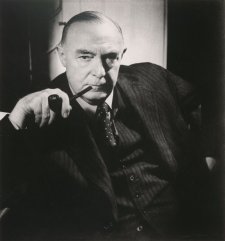
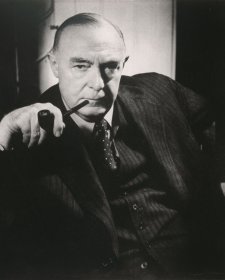
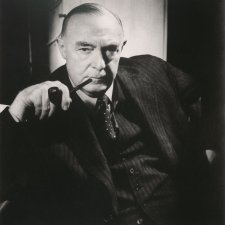
Johanna McMahon revels in history and mystery in pursuit of a suite of unknown portrait subjects.
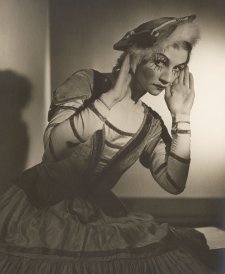
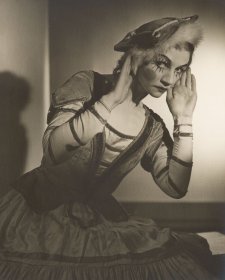
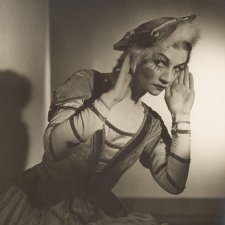
Gael Newton delves into the life and art of renowned Australian photographer, Max Dupain.